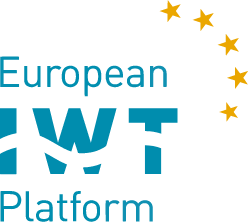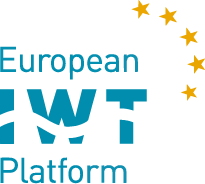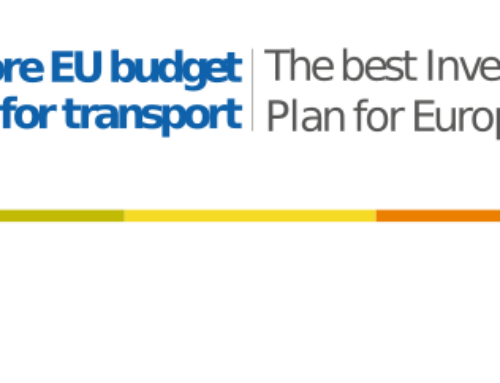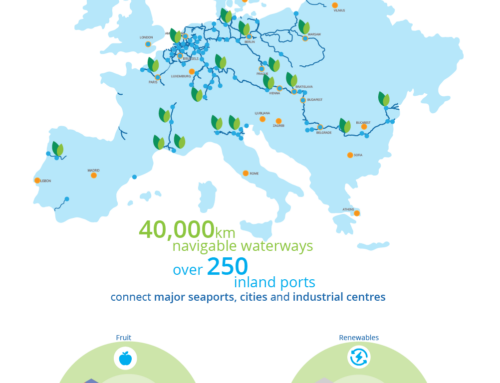- The Guidelines for border management measures to protect health and ensure the availability of goods and essential services adopted by the European Commission on 16 March 2020, stress the principle that all EU internal borders should stay open to freight and that the supply chains for essential products must be guaranteed. The free flow of goods, especially in times of emergency and in the interest of all, requires that Member States respect and fully implement the Guidelines at all border-crossings at internal borders. This document is designed to help Member States implement the Guidelines as regards the green lanes. It is intended to engender a cooperative process across the EU to ensure all freight, including but not limited to essential goods such as food and medical supplies, gets quickly to its destination without any delays.
- In order to preserve the EU-wide operation of supply chains and ensure the functioning of the Single Market for goods, wherever internal border controls exist or have been introduced Member States are requested to designate immediately all the relevant internal border-crossing points of the trans-European transport network (TEN-T) and additional ones to the extent deemed necessary, as “green lane” border crossings – for land (road and rail), sea and air transport.
- Going through these “green lane” border crossings, including any checks and health screening of transport workers, should not exceed 15 minutes on internal land borders. The “green lane” border crossings should be open to all freight vehicles carrying any type of goods.
- Member States should act immediately to temporarily suspend all types of road access restrictions in place in their territory (week-end bans, night bans, sectoral bans, etc.) for road freight transport and for the necessary free movement of transport workers.
- Transport workers, irrespective of their nationality and place of residence, should be allowed to cross internal borders. Restrictions such as travel restrictions and mandatory quarantine of transport workers, should be waived, without prejudice for competent authorities to take proportionate and specifically adapted measures to minimise the risk of contagion.
Please, find here the full Communication from the Commission






